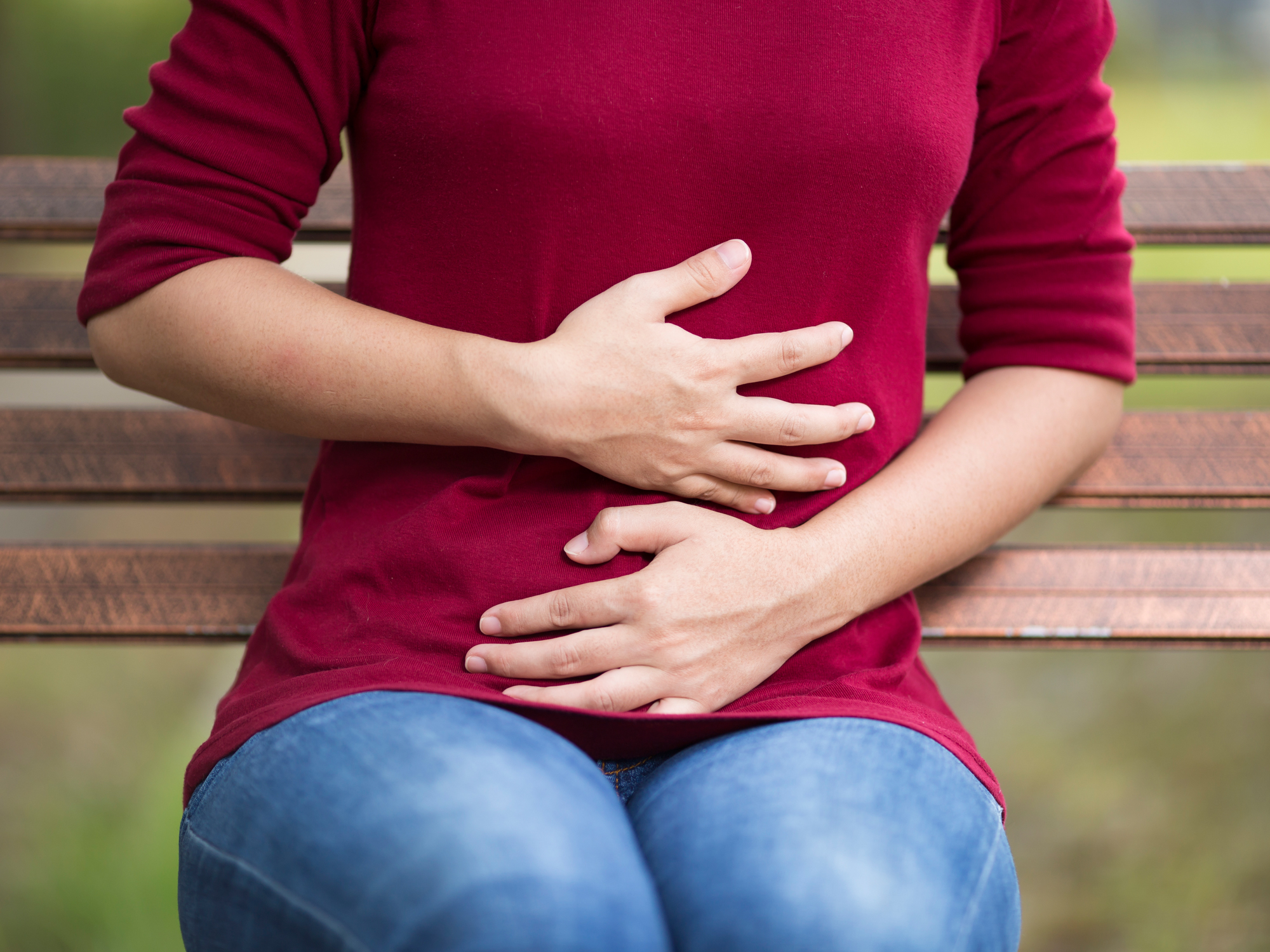Get Easy Health Digest™ in your inbox and don’t miss a thing when you subscribe today. Plus, get the free bonus report, Mother Nature’s Tips, Tricks and Remedies for Cholesterol, Blood Pressure & Blood Sugar as my way of saying welcome to the community!
Why bacteria is your body’s best friend

You have been colonized, but it’s a good thing.
Over the course of evolution, the human body and bacteria have developed a close, symbiotic relationship. They’ve become best buds, you could say.
Our individual colonies of probiotic (beneficial) bacteria — our “microbiota” — perform numerous tasks that benefit digestion, nutrition, immunity, neurological and emotional health, and more.
In fact, life would be quite different without them.
Their importance is leading to some amazing discoveries as well as some startling therapies that are not for the faint of heart (i.e., warning: you’re about to read something that might sound pretty disgusting)…
For example, fecal transplants from healthy human donors are being used to treat antibiotic-resistant bacterial infections in others with weak immunity. This seems radical and extreme, until we realize that such therapies are saving lives where other treatments failed, by restoring the internal bacterial balance that keeps hostile microbes at bay.
This is just the beginning. There’s no telling how many new probiotic treatments will evolve from our increased understanding of beneficial bacteria and the numerous roles they play. But if you’d prefer to reap the benefits of your body’s best friend without having to go to extreme measures, read on…
Maintaining balance
The key, as usual, is balance. Researchers are finding that good health may depend on a number of beneficial bacterial species finding that ideal balance with our bodies.
But due to our modern lifestyles, these friendly microbes are having a tough time gaining a foothold. Common practices, such as the overuse of antibiotics in medicine, body care and agriculture significantly decrease healthy bacterial colonies, while at the same time, promoting antibiotic resistance among dangerous bacteria. Chemicals in non-organic and processed foods may also have a negative effect on healthy bacteria.
New research suggests that these disruptions may be involved in the increase of autoimmune disorders, dementia, cancer, allergies, heart disease, obesity and many other chronic conditions.
One interesting study found that people in less developed societies have more bacterial diversity in their guts. Though we’re not entirely sure how this affects health, it does indicate that Western practices have been gradually limiting healthy bacteria species. This could not possibly be good for internal balance.
And new research is backing that up. A recent study examined the microbiota in stroke patients and found distinct differences between their internal bacteria populations, compared to a healthy control group. The researchers found that bacteria which produce carotenoids, an important group of antioxidants, were decreased in the stroke patients.
Brain and body
If you’re feeling down, yogurt containing live bacterial cultures may help boost your mood. A recent study showed that eating yogurt can cause measurable changes in brain activity, effectively reducing anxiety, stress and even pain by influencing areas of the brain that regulate these feelings.
We now know that the brain and digestive system are intricately linked, and researchers have dubbed the digestive tract “the second brain,” because such a large percentage of neurotransmitter activity occurs there. This is also true of immunity, as much of our immune activity occurs in the intestines as well. The recent findings with probiotics add to our understanding of these close relationships.
Another interesting study found that beneficial bacteria can increase bone density. Other research has found that certain bacteria can help people lose visceral fat, the most dangerous kind that accumulates in the mid-section and around organs, increasing risks of cardiovascular disease, diabetes and more.
The list of benefits goes on. Probiotics are especially helpful in preventing diarrhea, bowel inflammation and digestive tract infections. One study showed that probiotics can help patients undergoing intense chemotherapy. These treatments are particularly hard on the intestines, but specific bacteria can help the body regenerate intestinal cells.
Adding good bacteria
A number of probiotic foods are rich in beneficial bacteria. These fermented, “cultured” foods, such as yogurt, kefir, miso, sauerkraut and kimchee can be particularly useful. Probiotic foods also contain digestive enzymes and can help improve nutrient absorption.
Another benefit is that probiotics digest sugars for their own fuel, so they help to balance blood glucose after eating simple carbs. The dietary habits of most traditional cultures and tribal groups included some form of fermented food or drink. Perhaps they knew some health secrets that we are only beginning to embrace and understand on a scientific level.
There are also quite a few probiotic supplements on the market, but it’s important to get the right bacteria. In particular, look for Lactobacillus GG and Saccharomyces boulardii (a beneficial strain of yeast), which help prevent infections and diarrhea. Other beneficial bacteria include Lactobacillus bulgaricus, Lactobacillus casei and Bifidobacteria.
In addition, pay attention to the number of actual bacteria in each capsule, as well as storage instructions, as some probiotics need to be refrigerated.
Providing fuel
Of course, bacteria are living organisms, which means they have to eat. One way to enhance beneficial flora is to provide them with nutrition — called prebiotics. Some good sources of prebiotics are artichokes, garlic, onions, barley and chicory root, which are rich in a certain compound that probiotic bacteria love, called fructooligosaccharides, or FOS.
There are also a number of prebiotic FOS supplements available which can help address diarrhea and digestive troubles, and some FOS products are also combined with strains of probiotic bacteria for convenience. Edible and medicinal mushrooms also contain compounds that provide a food source for beneficial bacteria.
Supporting overall digestive health
In addition to probiotics and prebiotics, there are a number of traditional herbs that benefit digestion. Pomegranate seed, pepper fruit, ginger, lesser galangal root, cardamom and many others can help strengthen digestion, reduce digestive discomfort such as cramping, nausea and gas, and improve nutrient absorption.
The minerals chromium and zinc, which strengthen the digestive tract and control inflammation, are important parts to an integrative digestive formula that offers relief from indigestion and discomfort, while helping to improve digestion and nutrient absorption.
Specific medicinal mushrooms support digestion in a number of ways, through their prebiotic action, their nutrient and enzyme content and their ability to influence the absorption of glucose and fats.
In addition, there are a variety of digestive enzymes that help us break down proteins, carbohydrates and fats: amylase, alpha galactosidase, protease, phytase, invertase and lipase.
For thousands of years, Traditional Chinese Medicine and other time-honored systems of medicine have recognized that gastrointestinal health influences wellbeing throughout the body. We’re glad that researchers have finally caught up with these age-old disciplines. Now, with more scientific information to substantiate these approaches, we can take additional steps to support our beneficial bacteria, in turn improving overall health.
For more health and wellness information, visit www.dreliaz.org.












